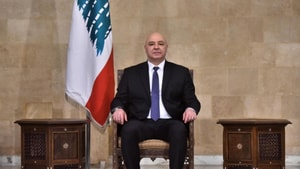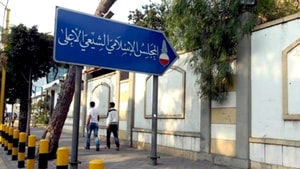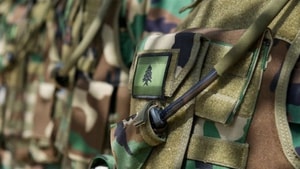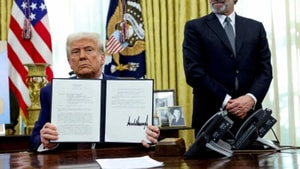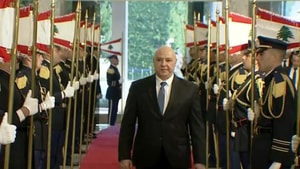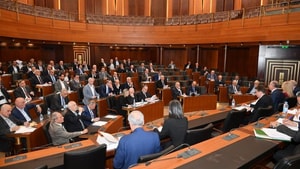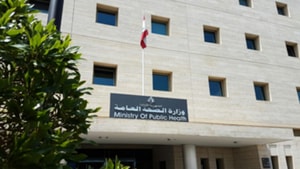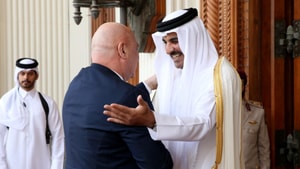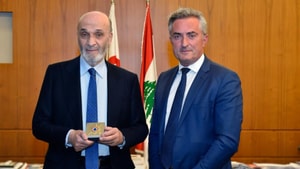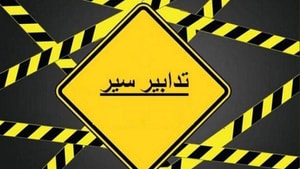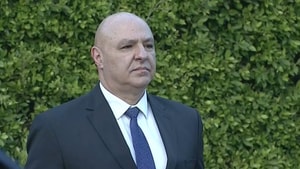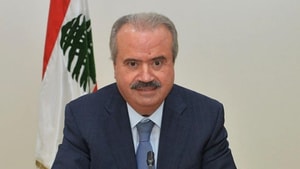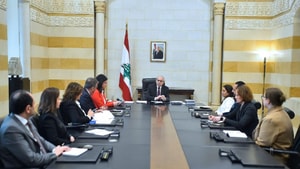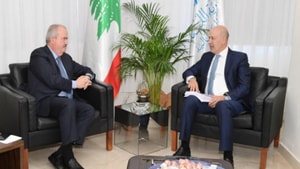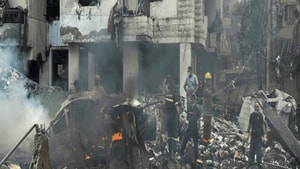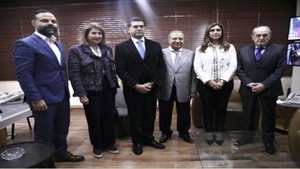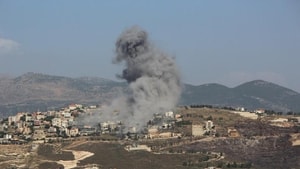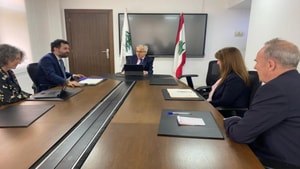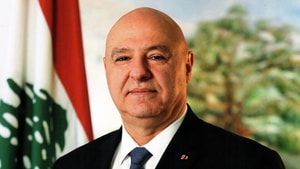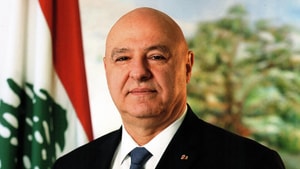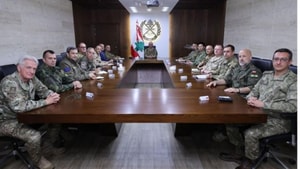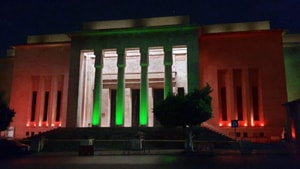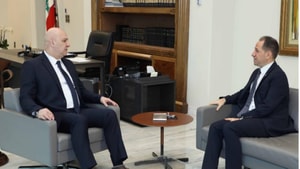Will US Warnings Change Lebanon’s Priorities?
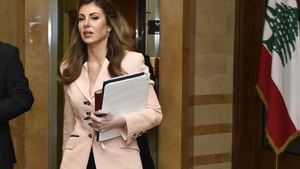
- Mon April 7 2025 12:43 pm
During her meeting with Lebanese officials on Saturday, US envoy Morgan Ortagus received official confirmation that Lebanon is committed to the ceasefire and UN Security Council Resolution 1701. However, Lebanon also expressed its concerns about Israel’s violations of these agreements. At the same time, Lebanon asked for more time before addressing the issue of disarming Hezbollah, stressing the need for a careful approach.
In Baabda, President Joseph Aoun discussed with Ortagus several key issues related to southern Lebanon, including the work of the international monitoring committee, Israeli withdrawal, and the situation in the south. They also touched upon Lebanon’s financial and economic reforms, as well as the government's efforts to combat corruption. The meeting was described as constructive, with a private session between the two officials lasting about half an hour.
President Aoun reassured Ortagus that the Lebanese army is performing its duties and coordinating with the international monitoring committee, in which the US has a presence, and is keeping track of developments.
According to political sources, both President Aoun and Prime Minister Nawaf Salam prioritize Israeli withdrawal and the liberation of Lebanese prisoners held in Israel. However, they believe that the issue of Hezbollah’s weapons requires more time and should be addressed through internal dialogue after the Israeli withdrawal. Lebanon has sought the understanding of major capitals, especially Washington, due to the sensitivity of the topic and the current situation in Lebanon, particularly after Hezbollah's defeat in the recent war.
However, the main message conveyed by Ortagus was the urgency of Lebanon fulfilling its obligations under the ceasefire agreement, specifically the disarmament of Hezbollah in southern Lebanon. She warned that any delay in implementation would jeopardize Lebanon's security and increase the chances of a renewed Israeli conflict.
While France tends to understand Lebanon's complex internal balance, the United States, particularly under the Trump administration, may not be as understanding. Ortagus’s visit to Lebanon was focused on sending a clear warning rather than engaging in a detailed discussion. The key question now is whether this pressure will force Lebanon to prioritize the disarmament of Hezbollah, or whether Lebanon’s security will continue to be at risk due to fears of provoking Hezbollah and disrupting national stability.
